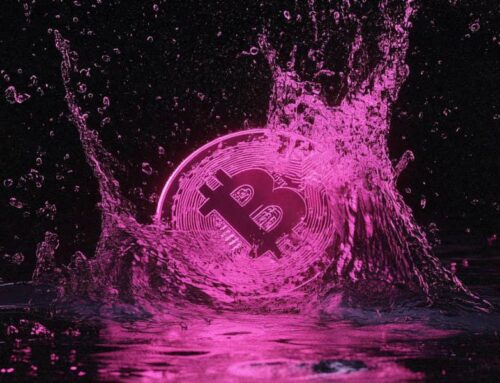NPCI has ‘UPI New Year gift’ for WhatsApp
December 31, 2024
TheNational Payments Corporation of India(NPCI) has lifted the user cap onWhatsApp Pay, allowing the popular messaging platform to onboard its entire user base of over 500 million onto the Unified Payments Interface (UPI).
In a release issued on the decision, the retail payments and settlement systems operator’s said that the 100-million-users cap on WhatsApp Pay has been removed.
New Year Special
This decision comes after a gradual relaxation of restrictions on WhatsApp Pay since its launch in 2020.
Initially limited to one million users, the cap was increased to 100 million in 2022 and has now been completely removed.
Read the notification issued by NPCI
National Payments Corporation of India (NPCI) has removed the UPI user onboarding limit for WhatsApp Pay (Third Party App Provider), with immediate effect.
With this development, WhatsApp Pay can now extend UPI services to its entire user base in
India.
Previously, NPCI had permitted WhatsApp Pay to expand its UPI user base in a phased manner. With this notification, NPCI is removing the limit restrictions on user onboarding on WhatsApp Pay. WhatsApp Pay shall continue to comply with all existing UPI guidelines and circulars applicable to existing TPAPs.
WhatsApp Pay has struggled to gain traction in the competitive UPI market, processing 51 million transactions in November compared to the combined 12 billion transactions ofGoogle Pay and PhonePe. In November 2023, WhatsApp Pay had processed around 22 million transactions.
Meanwhile, NPPCI has delayed the implementation of market share caps for a popular digital payments method by two years. The move will benefitGoogle PayandPhonePe. The mandate, which was to take effect from the end of 2024, will now kick in at the end of December 2026, according to NPCI.
According to the first proposal, made in November 2020, digital payment firms are not be allowed to hold more than 30% share of the volume of transactions processed via UPI.
Search
RECENT PRESS RELEASES
Related Post




